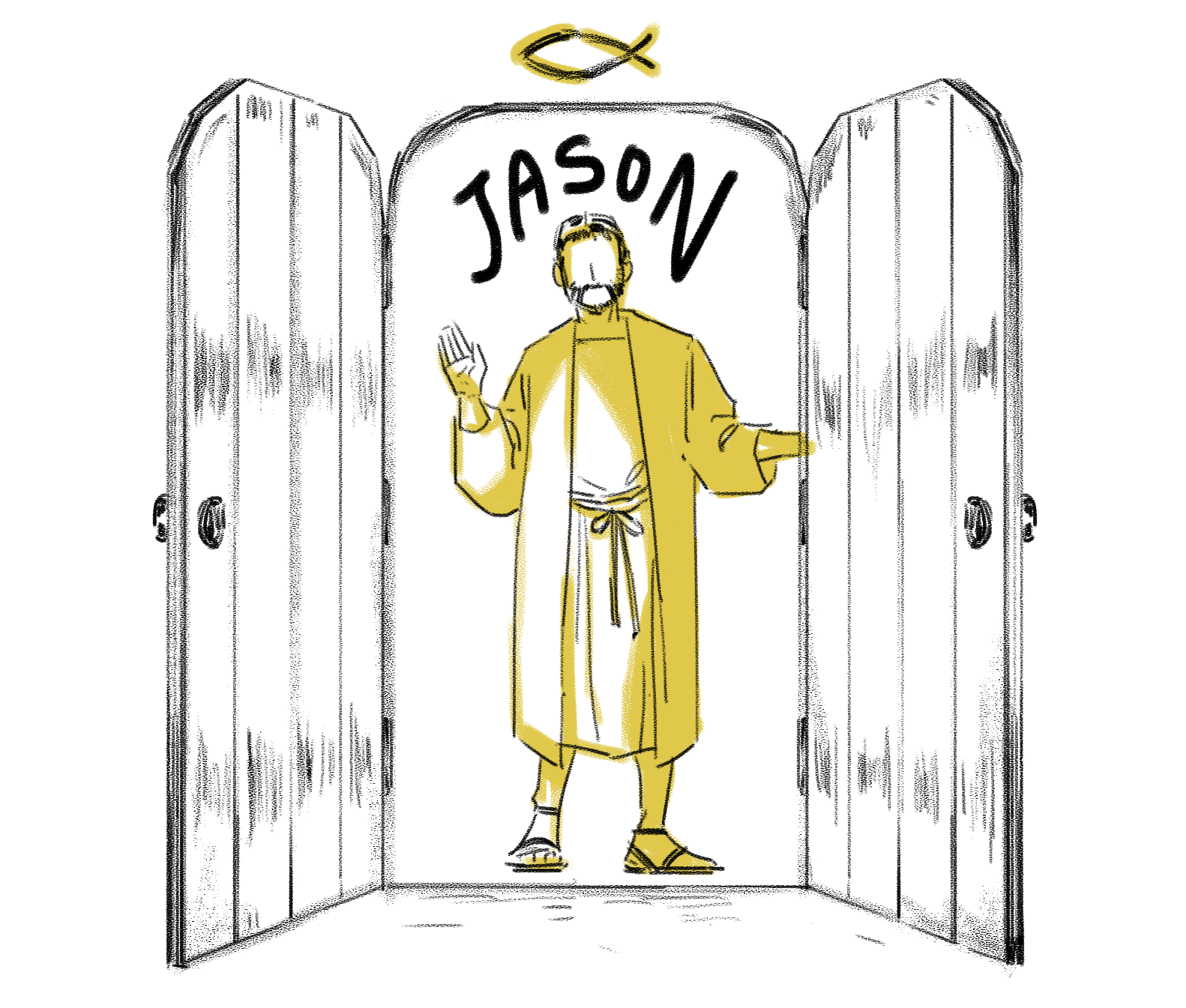As Christians comprising the Body of Christ, we each have a unique role to play in the Kingdom.
For some, that might mean serving in full-time ministry. For others, that might mean working with and alongside those who have been called to do so.
Enter “gospel patrons.” Gospel patrons partner with those who are on the frontline of gospel ministry, by offering up their resources with radical generosity. Here are three biblical examples of gospel patrons.
Joanna, who was loyal and devoted
“Soon afterward [Jesus] went on through cities and villages, proclaiming and bringing the good news of the kingdom of God. And the twelve were with him, and also some women who had been healed of evil spirits and infirmities: Mary, called Magdalene, from whom seven demons had gone out, and Joanna, the wife of Chuza, Herod’s household manager, and Susanna, and many others, who provided for them out of their means.” (Luke 8:1-3, ESV)
As the wife of Chuza, Herod’s household manager, Joanna possessed wealth and influence. Herod inherited and governed the territory of Galilee and Perea. Chuza, being his estate manager, would thereby be in a place of power.

After being healed by Jesus, Joanna chose to leave behind the comforts of her social position and accompany Him while He preached from town to town. This was especially controversial given the context of Jesus’ day. It was considered scandalous for women to be disciples of a prominent Jewish teacher – let alone a married woman supporting and becoming part of Jesus’ travelling entourage.
Joanna devoted herself to Jesus and was present at His death and burial. We know from this that Joanna was loyal to the Lord, and she was generous throughout. What might such loyalty and generosity look like in our lives today?
Phoebe, the deacon who served many
“I commend to you our sister Phoebe, a deacon of the church in Cenchreae. I ask you to receive her in the Lord in a way worthy of his people and to give her any help she may need from you, for she has been the benefactor of many people, including me.” (Romans 16:1-2)

In his letter to the Roman Christians, Paul the apostle calls Phoebe a “deacon” of the church. Other translations refer to her as “servant” or “leader”. This is the only instance where the term “diakonos” is linked to a specific local church.
The possessive expression makes it probable, then, that Phoebe held the position of deacon. This was rare for a woman in the first century and likely involved ministering to other women, and possibly caring for orphans, widows and the sick.
Who can we be a Phoebe to? Who can we be a benefactor to? Finding answers to questions like these will see us live lives of blessing and charity for God’s glory.
Jason, who was hospitable amidst persecution
“But the Jews were jealous, and taking some wicked men of the rabble, they formed a mob, set the city in an uproar, and attacked the house of Jason, seeking to bring them out to the crowd. And when they could not find them, they dragged Jason and some of the brothers before the city authorities, shouting, “These men who have turned the world upside down have come here also, and Jason has received them, and they are all acting against the decrees of Caesar, saying that there is another king, Jesus.”” (Acts 17:5-7, ESV)
Jason housed Paul, Silas and Timothy while they preached the gospel in Thessalonica. By opening up his home and associating with them, Jason exposed himself to the persecution that Paul and Silas had just faced in Philippi, where they were beaten and thrown into prison (Acts 16:22-24).

However, Jason’s risk was not in vain. As they lived amongst the Thessalonians, Paul, Silas and Timothy showed them what it looked like to walk with joy and boldness.
The people of Thessalonica became “an example to all the believers in Macedonia and in Achaia” and from them their faith in God went forth everywhere (1 Thessalonians 1:8).
Do not underestimate what the gift of hospitality can do. How can you be a Jason today?
Gospel patrons play a key role in illustrating the Father’s heart.
The Lord is gentle and lowly, generous with His love and keeping no account. As He provides opportunities to share His heart with non-believers, which will sometimes involve running against social norms to do so, it is important for Christians to take up the call to give, leaning on His wisdom as we seek out areas to serve His Kingdom.









